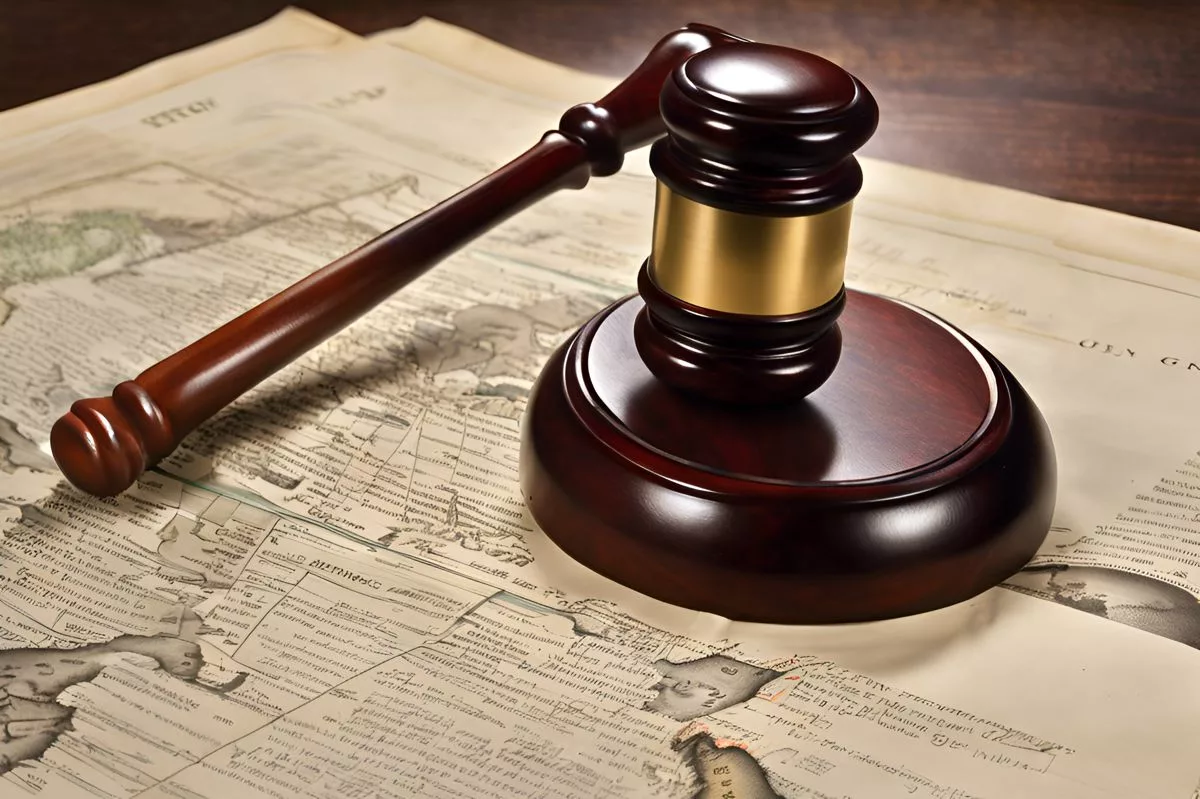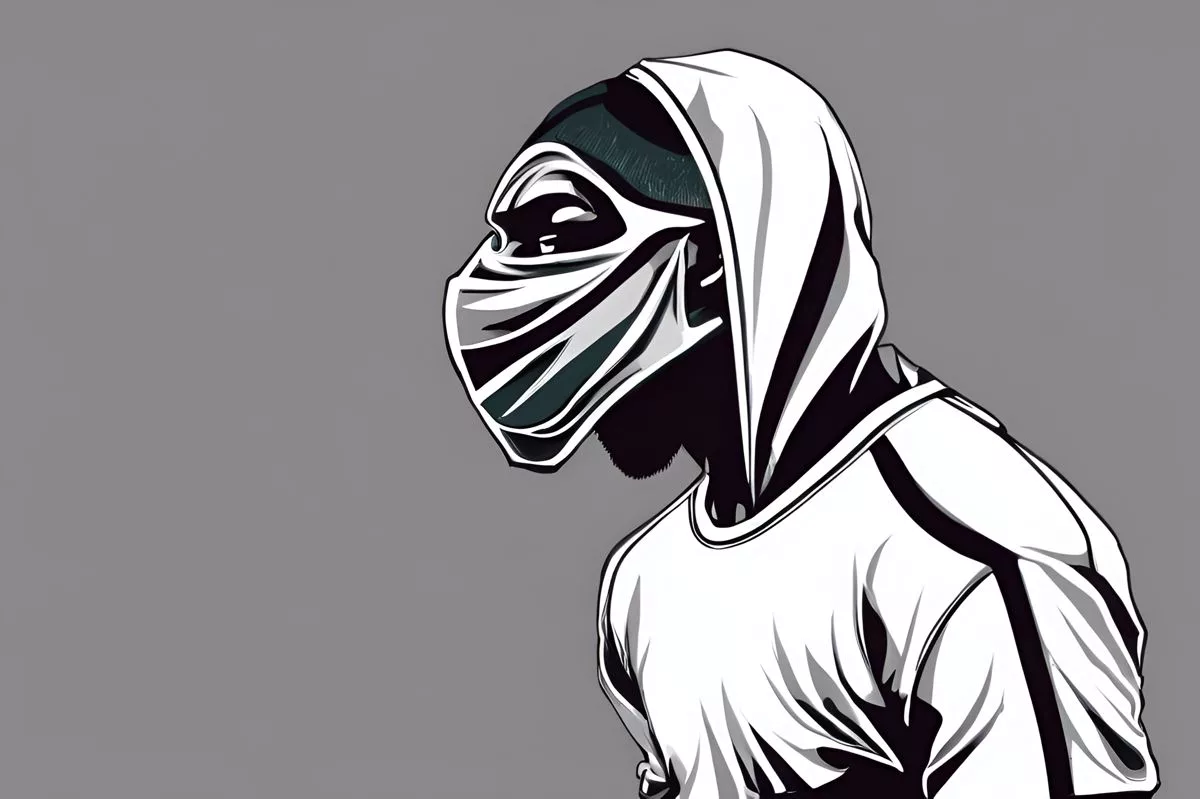The International Court of Justice (ICJ) will announce its verdict on South Africa’s appeal against Israel on January 26, 2024. The ruling will focus on whether “provisional measures” should be executed to protect the Palestinian population from further damage in accordance with the Geneva Convention. The outcome will have significant implications for conflict resolution worldwide and may establish new benchmarks in international law.
What is the ICJ’s upcoming verdict on South Africa versus Israel?
On January 26, 2024, the International Court of Justice (ICJ) will announce its Order on South Africa’s appeal for “interim measures” in its genocide case against Israel. The ruling pertains to the possible execution of “provisional measures” to protect the Palestinian population from “further, intense, and irreversible damage” as per the Geneva Convention. The verdict, regardless of its outcome, will influence the future of conflict resolution globally.
A Landmark Event in the ICJ’s History
In an era where justice can sometimes feel intangible, the International Court of Justice (ICJ) stands as a lighthouse in the storm. A significant occurrence is set to place in the chronicles of the ICJ on January 26, 2024. On this day, the ICJ will pronounce its Order on South Africa’s appeal for “interim measures” in its genocide case against Israel. Judge Joan E. Donoghue, the Court’s president, will present this announcement in a public session at the Peace Palace in The Hague.
This progression has its origins in the recent public hearings conducted by the World Court. During these hearings, South Africa levelled charges against Israel, asserting a breach of the 1948 Geneva Convention. They specifically pointed out Israel’s military operations in Gaza. In its defense, Israel vehemently denied the genocide accusations as “grossly misrepresented”. The country stood firmly by its actions in Gaza, arguing its right to defend itself against Hamas.
Focusing on the ‘Provisional Measures’
However, the ICJ’s impending ruling won’t directly tackle the broader issue of whether Israel is perpetrating genocide in the Palestinian territories or not. Instead, the panel of 17 judges will narrow their scrutiny to the possible execution of “provisional measures”.
The basis of South Africa’s plea for these measures lies in its aim to protect the Palestinian population from “further, intense, and irreversible damage” as per the Genocide Convention. South Africa also seeks to ensure that Israel abides by its responsibilities under the same Convention to deter and penalize genocide.
The World Court, another name for the ICJ, finds itself embroiled in a sensitive, intricate, and politically charged scenario. The Court’s role in preserving international peace and security faces a significant challenge—one with the potential to change the dynamic nature of international legal practice.
The Historical Significance of the Geneva Convention
The relevance of the 1948 Geneva Convention to this case is undeniable. Created in the wake of World War II, the Convention aimed to stop the repetition of the horrifying brutality that devastated humanity during that bleak era. It sought to establish a strong legal wall against genocide, categorically labeling this appalling crime as punishable under international law.
South Africa looks to this Convention for solace and justice, invoking its sections to oppose Israel’s actions in the Gaza strip. The Convention is once again the center of attention, with the ICJ scrutinizing its principles and doctrines in the context of the current conflict.
An Equally Compelling Counter-Argument
On the other hand, Israel’s defense puts forth an equally persuasive viewpoint. It underscores the constant menace posed by Hamas, an aggressive Palestinian faction, and the resulting need for Israel to defend its sovereignty and citizens. This is the lens through which Israel views its military campaign in Gaza.
The ICJ’s upcoming verdict may not directly address the larger genocide debate, but it unquestionably holds considerable weight. Regardless of what the outcome may be, the Court’s judgement will inevitably influence the geopolitical scenario and could potentially establish new benchmarks in international law.
The World Awaits the ICJ’s Decision
As the world anticipates the ICJ’s ruling, it becomes apparent how crucial this institution’s role is in preserving justice and maintaining peace. The Court stands as a testament to humanity’s unwavering quest for justice, even when navigating the complexities of international law. The Court’s imminent decision, while only directly impacting the parties involved, reverberates much further. It echoes in the chronicles of international law and may shape the future of conflict resolution globally.
What is the ICJ’s upcoming verdict on South Africa versus Israel?
The International Court of Justice (ICJ) will announce its Order on South Africa’s appeal for “interim measures” in its genocide case against Israel on January 26, 2024. The ruling will focus on the possible execution of “provisional measures” to protect the Palestinian population from “further, intense, and irreversible damage” as per the Geneva Convention.
What will be the impact of the ICJ’s verdict?
The verdict will have significant implications for conflict resolution worldwide and may establish new benchmarks in international law.
What is the historical significance of the Geneva Convention in this case?
The 1948 Geneva Convention sought to stop the repetition of the brutality of World War II by establishing a strong legal wall against genocide, labeling this appalling crime as punishable under international law. South Africa looks to this Convention to oppose Israel’s actions in the Gaza strip, and the ICJ will scrutinize its principles and doctrines in the context of the current conflict.
What is the counter-argument put forth by Israel’s defense?
Israel underscores the constant menace posed by Hamas, an aggressive Palestinian faction, and the resulting need for Israel to defend its sovereignty and citizens. This is the lens through which Israel views its military campaign in Gaza.
How will the ICJ’s verdict influence conflict resolution globally?
Regardless of what the outcome may be, the Court’s judgement will inevitably influence the geopolitical scenario and could potentially establish new benchmarks in international law, shaping the future of conflict resolution globally.
Why is the ICJ’s role crucial in preserving justice and maintaining peace?
As the world awaits the ICJ’s ruling, it becomes apparent how crucial this institution’s role is in preserving justice and maintaining peace. The Court stands as a testament to humanity’s unwavering quest for justice, even when navigating the complexities of international law.













